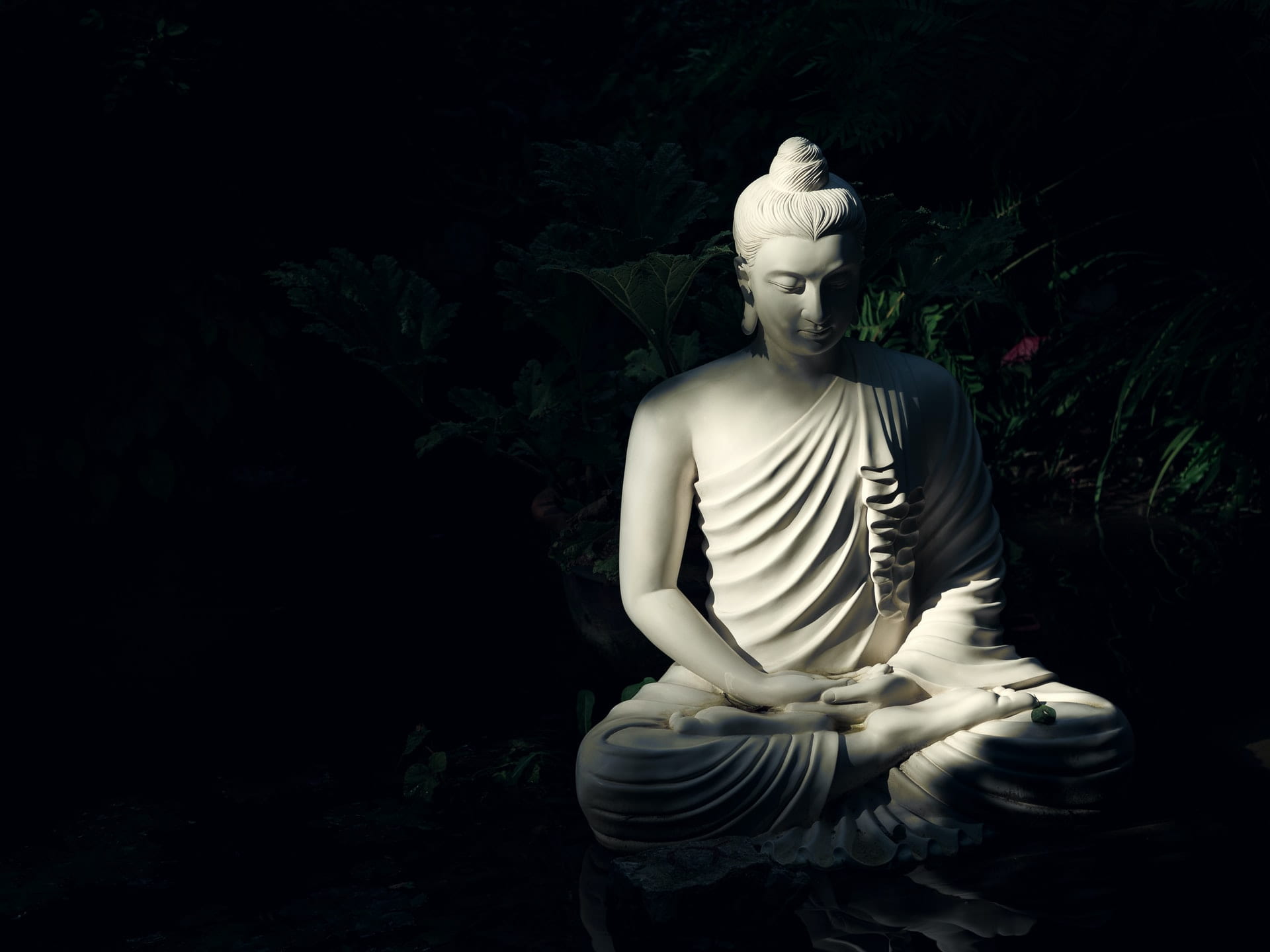What most of us want out of life is happiness. Whether we define happiness in terms of money, love, or accomplishments is upto the person in question. But regardless, happiness is the end-goal.
But how many of us have ever thought of happiness not in materialistic terms, but as a product of our inner mindscapes? This is exactly what the Zen philosophy dictates. The Zen philosophy is a branch of Buddhism that claims inner peace as the spring of happiness, and it is the origin of the minimalist movement.
Zen Buddhism, while taking its name from the Japanese moniker of the practice, did not originate in Japan. It is a mixture of Indian Mahayana Buddhism and Taoism that began in China, and then spread to Korea and Japan. It was popularised in the West in the mid-20th century.
Zen Buddhism became established in Japan in the 13th century. Unlike many other religions, Zen does not rely on deities or scripture as a foundation for its practice. Instead, Zen enforces the importance of a teacher with whom the student has a heart-mind connection, and the intuitive understanding of our-self and the world around us.
Zen prizes simplicity and a forthrightness in understanding reality. It prioritises objectivity over excessive individualism and personal expression. This became the cornerstone of the 1960’s minimalist art movement in the US heralded by the likes of Frank Stella, Agnes Martin, Sol LeWitt, and Robert Morris.
However, the most famous practice of Zen Buddhism, and the one that has permeated western culture most successfully, is meditation. Meditation has numerous benefits to its name such as improved focus, enhanced self-awareness, reduced anxiety and stress, and improved sleep quality among others. Zen Buddhism also claims meditation as an integral process to the freeing of the mind, which is an important aspect of the minimalist philosophy.
Meditation According to Zen
All schools of Zen, regardless of whether they pursue the path of gradual enlightenment (Sōtō school) or instant enlightenment (Rinzai school), practice meditation. For those from the Rinzai school, meditation is a supplement to the kōan method which utilises riddles or puzzles to guide the practitioner to enlightenment, whereas those from the Sōtō school view meditation itself as the path to enlightenment.
Zen meditation follows a three-step procedure. The first step is gaining the correct physical posture which is optimal for attaining a healthy mind-body condition. According to Zen practitioners, there are two of such postures: the lotus-posture and the half-lotus posture.
The second step is practicing the proper breathing techniques. Zen breathing is not a set of complicated procedures; the exercise is ‘observation of breath count’ (sūsokukan) which simply means to consciously track the number of inhalations and exhalations performed. Counting the number of breaths can train the unconscious mind and bring to our consciousness many of the bodily functions we perform unconsciously thereby improving our control over our body.
The third and final step is fully entering the meditative state and disengaging from the troubles of daily life. It requires the practitioner to fully envelop themselves in the now. This is the stage that is most difficult to achieve because, for the most part, the opposite is what we have been striving to do for our whole lives.
Emptying the mind of thoughts is the end-goal to meditation. According to Zen Buddhism, complete absorption in meditation creates a state of “no-mind” which frees the mind from the imposition of personal biases and psychological projection onto the world.
Regardless of whether you believe in a state of “no-mind” or not, there is evidence that meditation may reduce blood pressure, ease anxiety and depression, as well as help with insomnia.
But this does not mean, of course, that meditation can replace medication and professional treatment for these conditions. While meditation may help with anxiety, it may still be a good idea to check out that CBD oil sale to ensure you get the best of both worlds when it comes to your health.
However, just singling out 5-10 minutes per day for the novice practitioner may bring about huge improvements to your mental and physical health. It may help you view your daily troubles in a new light, and you may even realise that your happiness resides not in materialistic things but in inner peace.
For westerners, meditation may well be one of the most difficult practices to undertake. This is because western philosophies and religions are based on intellectual reasoning and the idea of conscious thought, whereas meditation requires you to suspend all thought and immerse yourself in the meditative state.
But if Zen Buddhists are to be believed, meditation is the path to true enlightenment. So if enlightenment seems like it may lead you to happiness, it may well be worth a try.

